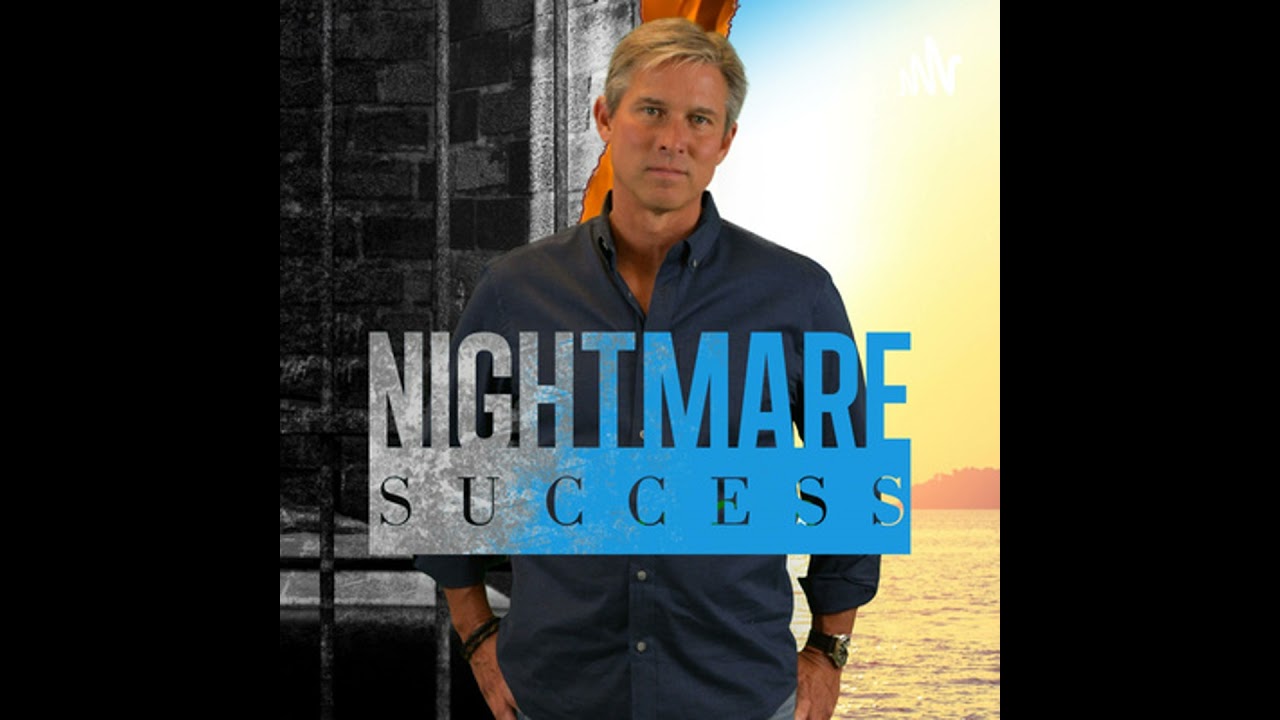I still remember the vivid way Eric described the moment he ran onto the field at Kinnick Stadium, the roar of the crowd washing over him like a wave of pure energy. You could hear the exhilaration in his voice as he recounted the goosebumps that shot up his arms, the adrenaline pumping through his veins as he took in the sea of fans cheering him on. This was a defining moment for Eric, a joyful celebration of his athletic prowess and the culmination of years of hard work. Growing up in the small town of Doon, Iowa, with a population of just 850, he learned the value of dedication early on.
With a heavy equipment operator for a father and a nurse for a mother who dedicated 50 years to her profession, family values and a strong work ethic were at the core of his upbringing. Eric thrived in sports football, wrestling, basketball, baseball, and track often training three times a day, pushing himself to excel. But it was during this time of triumph that life took an unexpected turn.
After a seemingly normal transition to college at Lakes Community College and later the University of Iowa, Eric found himself facing legal troubles in 2010. The charges of money laundering and computer fraud turned his world upside down and led to a life sentence in prison. In those moments, he grappled with the loss of normalcy and freedom, navigating the dark corners of addiction while wrestling with the weight of his choices. The once joyful athlete was now confronted with the stark reality of life behind bars, which felt like a cruel twist of fate.
As we often learn in life, sometimes our greatest challenges can lead to profound insights. Eric spent years in prison, a time that tested his spirit and forced him to confront the fears and nightmares that haunted him. He found himself reflecting on his past, recognizing the importance of the supportive family environment that had shaped him. The memories of family vacations and community involvement stood in stark contrast to the isolation of prison life.
Yet, within those walls, Eric began to gain clarity. He discovered the strength to confront his addiction and the demons that had accompanied him on his journey. This experience became a catalyst for personal growth.
Eric learned valuable lessons about himself, about purpose, and about the importance of facing one’s fears. He realized that while he had lost his freedom, he could still find a way to inspire others to break free from their mental prisons. His message was clear: no matter how far one might fall, there is always a path back to light and connection. After serving his time, Eric’s reintegration into society has been anything but simple.
Yet, he has approached this new chapter with an open heart and a determination to share his story. He encourages others to confront their fears and to seek the freedom that comes from living authentically. There is a certain power in vulnerability, and Eric exemplifies this through his willingness to be open about his past and the lessons learned along the way. Reflecting on his journey, Eric often shares the joy of reuniting with his college teammates, a testament to the bonds that withstand the test of time and adversity.
These connections remind him of the importance of community and support, which played a crucial role in his healing process. The exhilaration of the Kinnick Stadium moment remains a vivid memory, but it has been the quieter moments of connection, reflection, and growth that have truly defined his journey. Eric Ross’s story is one of facing the depths of despair and emerging with a renewed sense of purpose. His experience serves as a gentle reminder that we all have the capacity for growth, no matter the circumstances.
There is beauty in the struggle, and through it, we often find the meaning that propels us forward. As Eric continues to share his message with the world, we are reminded that embracing our vulnerabilities can lead to profound transformations.

